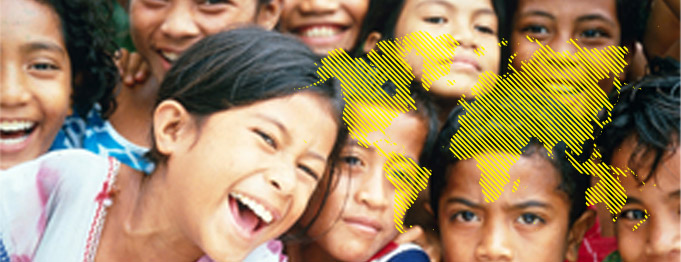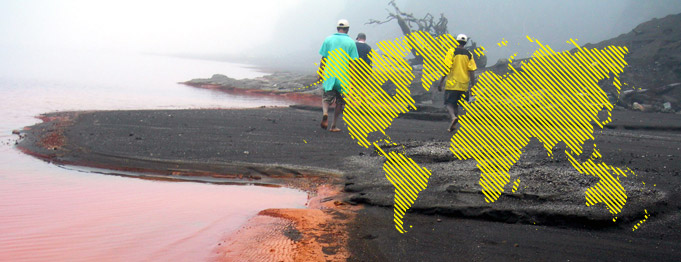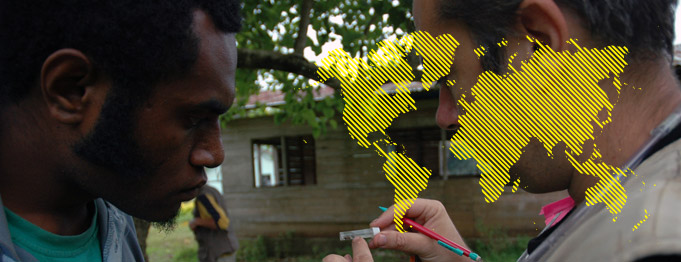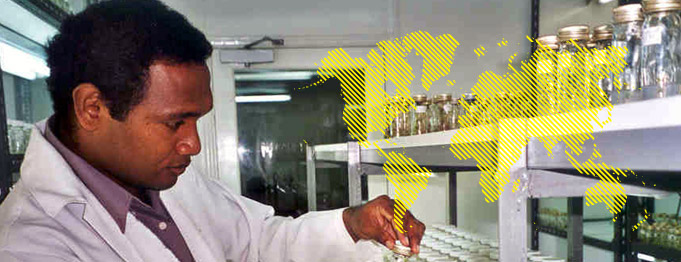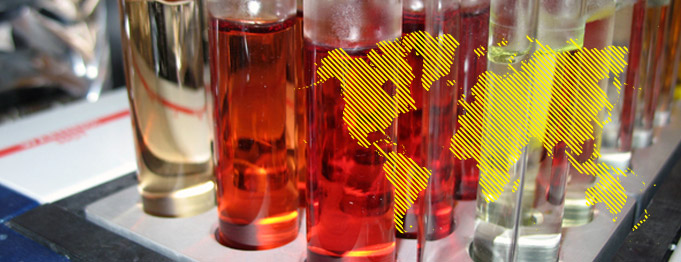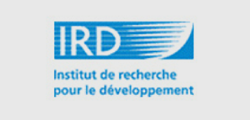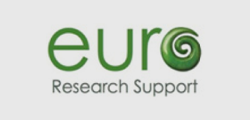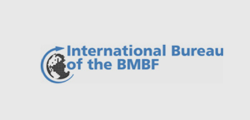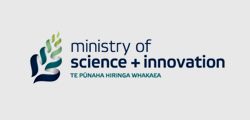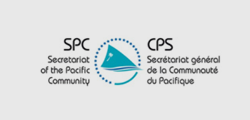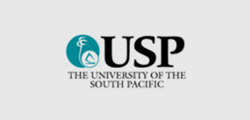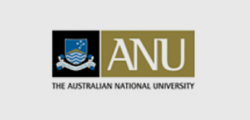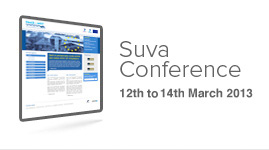SPC guides health workers in the battle against STIs, 11-09-2012, Secretariat of the Pacific Community (SPC), Nadi, Fiji
 The President of Fiji, His Excellency Ratu Epeli Nailatikau, today participated with the Secretariat of the Pacific Community (SPC) in the launch of Comprehensive Sexually Transmitted Infections Management Guidelines. The guidelines are a significant weapon in the battle against STIs in the Pacific, and the result of extensive training and consultation with Pacific Island countries and territories (PICTs).
The President of Fiji, His Excellency Ratu Epeli Nailatikau, today participated with the Secretariat of the Pacific Community (SPC) in the launch of Comprehensive Sexually Transmitted Infections Management Guidelines. The guidelines are a significant weapon in the battle against STIs in the Pacific, and the result of extensive training and consultation with Pacific Island countries and territories (PICTs).
Globally, more than 340 million new cases of syphilis, gonorrhoea, chlamydia and other STIs occur every year in 15 to 49 year-olds. The Pacific region is not immune to this global trend. For example, in some Pacific countries, as many as one in two young people have chlamydia, an infection that, if left untreated, can lead to serious reproductive and other health problems. Furthermore, across the region, 25% of pregnant women have an STI.
SPC is working to support PICTs in tackling the STI crisis in the Pacific region. To date, SPC has conducted training workshops in 13 PICTs.
Today’s launch of Comprehensive STI Management Guidelines significantly improves PICTs’ capability to address STI prevention, diagnosis and treatment.
‘The guidelines support health care providers, ensuring they manage STI cases in the best possible way,’ said Dr Sophaganine Ty Ali, SPC STI and Counselling Adviser.
‘We must look at the epidemic from a community-wide perspective, which includes education and advocacy for safe sexual practices. A purely clinical response is ineffective,’ agreed Dr Dennie Iniakwala, HIV and STI Section Head at SPC.
The guidelines are uniquely adapted to the Pacific context, and were developed in consultation with ministries of health around the region. Countries can now use this document to support the development of their national STI treatment guidelines.
As Mrs Nancylynn Edward, HIV/ STD Coordinator with the Department of Health in Pohnpei State in the Northern Pacific explained, ‘We were a part of the process; that's why these guidelines are different. The islands are different, families are close together. It's a small island, everyone knows everyone.
‘It's good to have locally relevant comprehensive management guidelines to guide us in our work, because it helps us improve the health of our people,’ said Mrs Edward.
The guidelines equip Pacific health ministries and clinics with information and skills in syndromic diagnosis and treatment, education and counselling and laboratory testing, providing a holistic and comprehensive approach to STI management.
Syndromic diagnosis is diagnosis based on the patient's symptoms, and can often be undertaken during the patient's first visit to the clinic and later supported by laboratory testing, where available.
It enables health care providers to treat patients 'on the spot', without waiting for the results of time-consuming and costly laboratory tests. This approach helps to prevent the further spread of STIs and reduces the risk of developing other infections.
The guidelines were developed with the participation of the World Health Organization, the United Nation Children's Fund, the United Nations Population Fund, the Oceania Society for Sexual Health and HIV Medicine, the Centers for Disease Control and Prevention and the College of Medicine, Fiji National University.
They were made possible due to funding from the HIV and STI Pacific Response Fund and Global Fund for HIV, Malaria and Tuberculosis.
Please see the accompanying photograph from the launch depicting from left to right : Dr Sophaganine Ty Ali, SPC STI and Counselling Adviser ; His Excellency Ratu Epeli Nailatikau and Dr Dennie Iniakwala, SPC HIV and STI Section Head.
For more information, please contact Ms Jocelyn Deo on +679 3379374 or jocelynd@spc.int.

